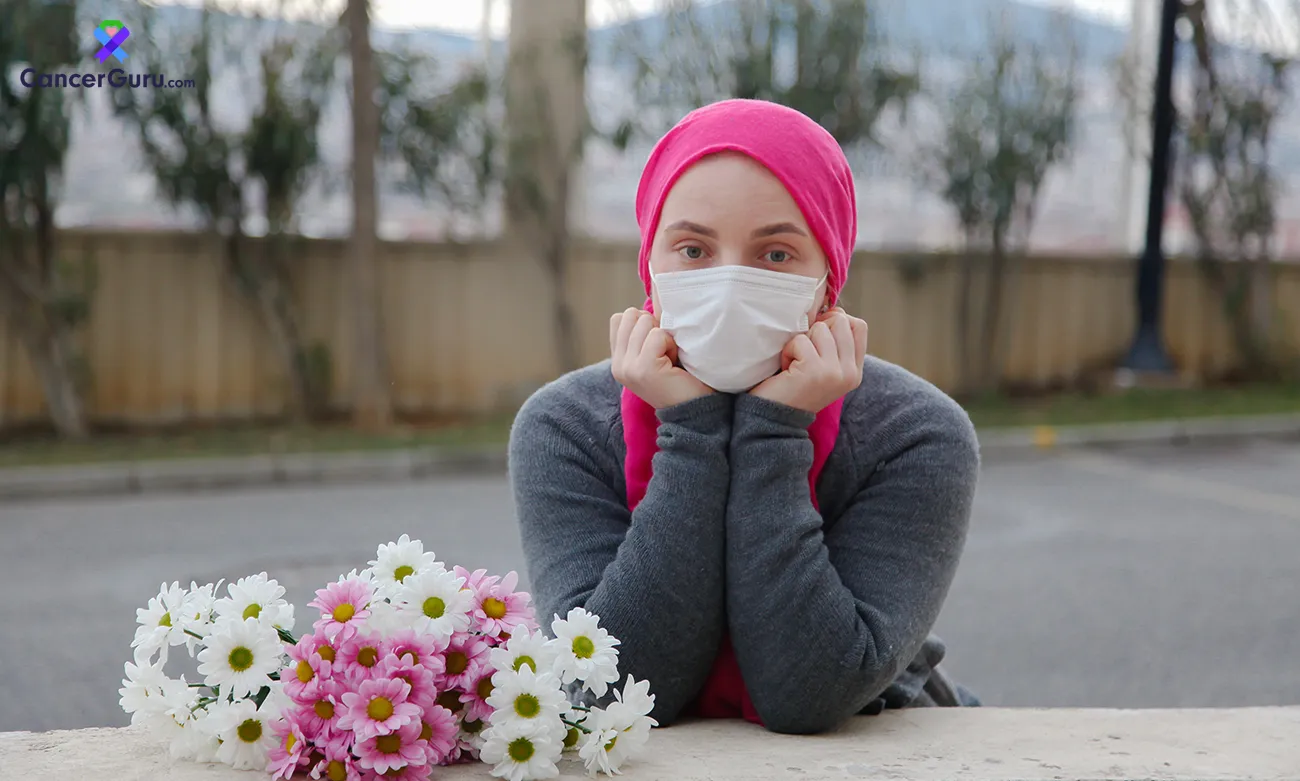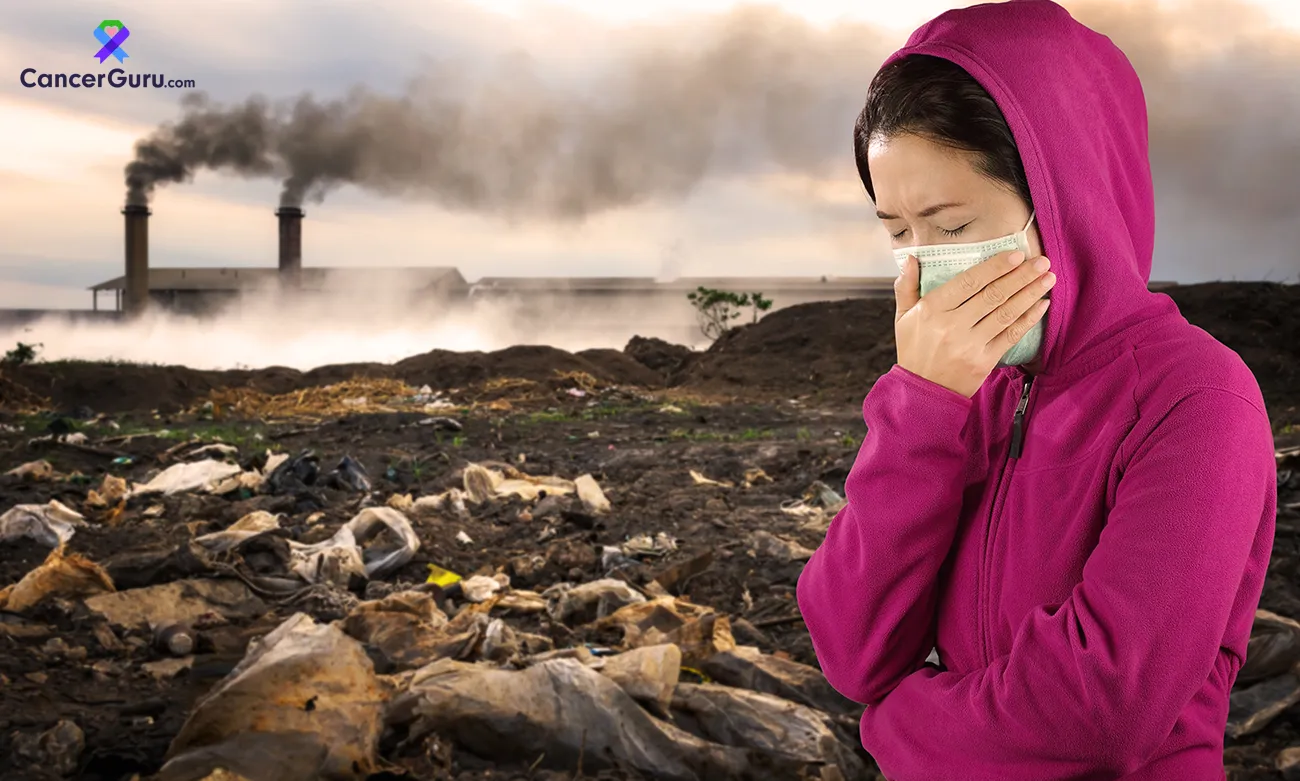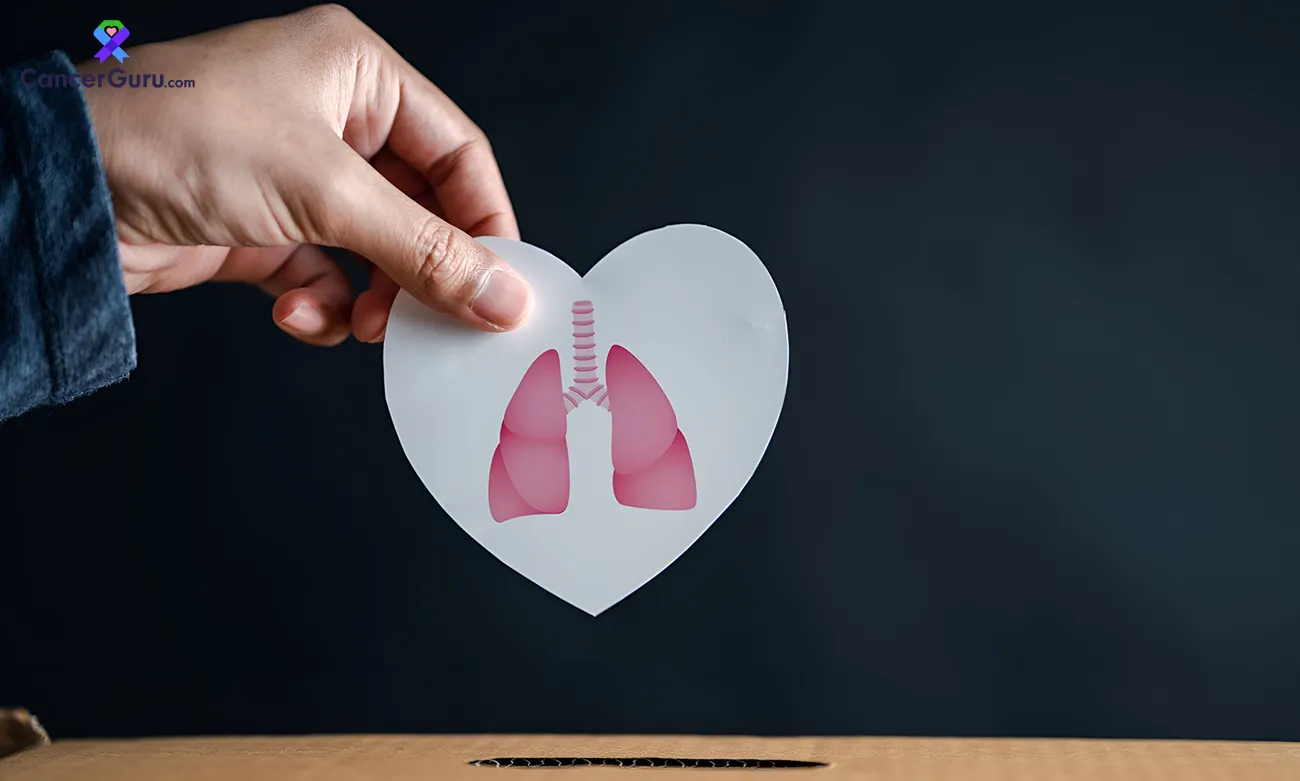- Email: [email protected]
- Contact: +1 (407)581-9000
Let's Win Pancreatic Cancer
November 17, 2025

CancerGuru.com belief is that the right information will empower patients, caregivers, and relatives to face one of the hardest diseases with better vision and hope. The patient's journey through cancer can be made easier and more pleasant if he or she knows what is going on in the body, what treatments are available, and how lifestyle factors such as diet affect the situation. Nevertheless, pancreatic cancer is still very often diagnosed late and brings about major implications. A complete discussion of pancreatic cancer is given here, including what it is and who it affects, how it can be treated, the role of diet, the global patterns, and tips for coping with the disease.
What is Pancreatic Cancer and Why is it Challenging?
Pancreatic cancer is a disease where malignant cells grow in the tissues of the pancreas, an organ located behind the stomach that produces enzymes and hormones.
The problem is that in the beginning, signs of the disease are very mild. Quite often, cancer has reached a more advanced stage when the patient presents the first symptoms which are not unusual.
Among the things that people might experience as signs are:
- Constant or returning pain in the back or abdomen
- Unfamiliar weight loss
- Jaundice
- Loss of appetite and/or feeling sick
- Sudden onset of diabetes with no clear reason
These symptoms are not cancer indicators in any case but should not be disregarded.
Where Pancreatic Cancer Is Most Common?
Pancreatic cancer is a worldwide disease, but its rate is noticeably higher in the developed countries and countries with large elderly populations. The United States, China, and Japan are the top three countries regarding the number of pancreatic cancer cases, however, this is more" because of their respective large populations of old people.
In comparison to other regions (as their total numbers), pancreatic cancer is most common in the rich parts of North America, Europe, and some regions of East Asia.
Regardless of the geographical distribution of the disease, the increase in cases signals that awareness, timely diagnosis, and research have to be continued.
Who Is More at Risk?
It is true that pancreatic cancer can occur to anyone, yet the probability of its development is increased due to some factors:
- Ageing – 60+ or more
- Tobacco use
- Diabetes mellitus of the type 2 that has lasted for a long time
- Being overweight
- Not engaging in any physical exercise
- Chronic pancreas
- Having a relative who had pancreatic cancer
- Certain genetic alterations that are inherited (such as BRCA
Presence of risk factors does not mean that a person will develop pancreatic cancer, it just means that the person should be monitored more closely which may help.
How Pancreatic Cancer Is Diagnosed?
Since the first symptoms are not distinct, the diagnosis is usually done through:
- Imaging scans
- Blood tests
- A biopsy
- A complete medical assessment to find out the stage
The objective is to know if the cancer is still localized or has moved to other areas, which in turn aids in selecting the most appropriate treatment plan.
What Patients Can Expect: Treatment Options
The treatment of pancreatic cancer is primarily based on the metastasis of the tumor and the health status of the patient. Typically, different specialists together develop a treatment strategy.
- Surgery: The strongest chance for the long-term survival of patients whose cancer is in the early stages is surgery. The operations like the Whipple surgery remove the tumour along with parts of the surrounding organs.
- Chemotherapy: Chemotherapy treatment may be administered before the surgery (to reduce the size of the tumour), after the surgery (to decrease the chance of recurrence) or as the sole treatment if the surgery is not possible. Modern medicine combinations have turned out to be beneficial for many patients.
- Radiation Therapy: Radiation treatment is sometimes unnecessary, but it can be helpful in controlling the tumour or alleviating the symptoms.
- Targeted Therapies & Genetic-Based Treatment: Some specific genetic alterations are established in particular types of pancreatic cancer. The presence of such alterations during testing may indicate that some targeted drugs would be effective. Therefore, tumor profiling is becoming increasingly significant.
- Clinical Trials: Offering new treatments and combinations not yet available on the market, clinical trials are the main response to the difficulty of treating pancreatic cancer. The patients mostly find their hope and options through these programs.
- Supportive & Palliative Care: This supportive care mainly focuses on providing comfort — pain relief, digestive issues, fatigue, emotional support, etc. It can be availed of at any point in time during the treatment and is known to enhance the quality of life of the patients significantly.
Why Diet and Nutrition is Important?
During pancreatic cancer Food turns into a medicine.
Why Nutrition Matters
As the pancreas is organ which helps in the digestion of food. In its malfunctioning cases, it is common for the person to experience a drastic decrease in weight or difficulty in nutrient absorption.
Helpful Nutrition Tips
The methods below are the ones which a lot of patients find to be their source of relief and energy improvement:
- Instead of large meals, small, frequent meals should be your choice.
- Protein should not be missing in any meal - eggs, yogurt, chicken, beans, fish, or tofu.
- Calorie-rich snacks like smoothies, nut butters, and avocado are the ones that you should take.
- The drinks that will keep you hydrated can be water, broths, and electrolyte drinks.
- Pancreatic enzymes if recommended by the doctor should be taken with the meals as they help in proper digestion.
A nutritionist specialized in cancer can really help a lot.
Living With Pancreatic Cancer
The disease the patient gets diagnosed with not only afflicts the body but also affects every aspect of life. Most patients and families manage to find solace through the following:
- Counseling
- Support groups
- Patient communities such as Let’s Win Pancreatic Cancer
- "Mind-body" is a term that includes those activities which are somehow done by both the brain and the body, e.g. writing, meditating and very little physical activity is got in these cases.
Discuss to physicians, confront your beliefs and have strong social support.
Conclusion
Living with pancreatic cancer might be tough but the good news is due to early detection, better treatment, and more emphasis on holistic care, the survival rates of patients have increased significantly, they are living happy lives. Every person diagnosed with cancer would like to have all the information they need, the best treatments available and powerful psychological support.
Let’s Win Pancreatic Cancer is the one that has promised to empower patients and their families to have knowledge, support and a community that is familiar with the ordeal. This way may be tough, but no one has to go through it alone — and every year more progress is made.
Ratings and reviews
No reviews yet.










